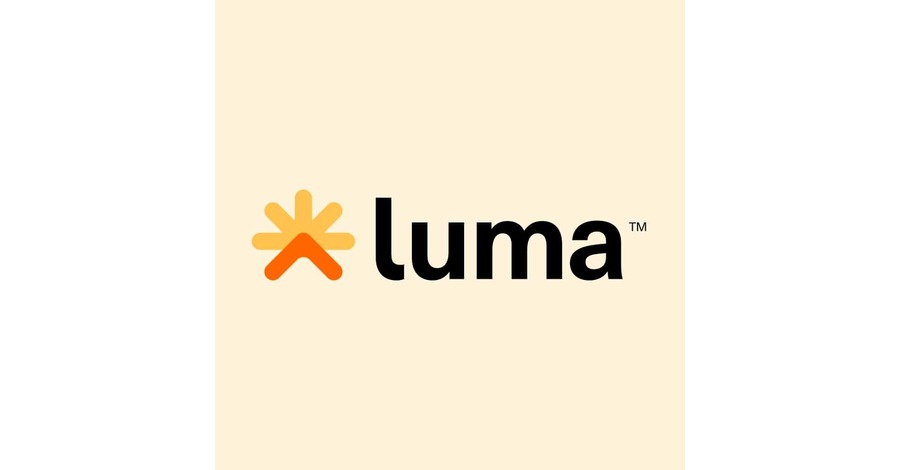Healthcare providers are beginning to experiment with AI for decision-making and revenue growth, utilizing predictive tools integrated with EMRs and ERPs, automation solutions to streamline workflows, and personalized care and messaging to improve patient retention.
Lotte Healthcare and iMediSync are collaborating to develop AI-driven healthcare services, with a focus on wellness, senior care, and mental health.
Microsoft and Epic are expanding their strategic collaboration to bring generative AI technologies to the healthcare industry, aiming to address urgent needs such as workforce burnout and staffing shortages and enhance patient care and operational efficiency within the Epic electronic health record ecosystem.
Healthcare technology company Innovaccer has unveiled an AI assistant called "Sara for Healthcare" that aims to automate workflows and offer insights to healthcare leaders, clinicians, care coordinators, and contact center representatives. The suite of AI models has been trained specifically for the healthcare context, with a focus on accuracy and addressing privacy and regulatory requirements. The AI assistant works in conjunction with Innovaccer's platform, which integrates healthcare data from various sources. The suite includes features such as instant answers to questions, help with care management, assistance with EHR administrative tasks, and streamlining contact center workflows.
The use of AI in healthcare has the potential to improve efficiency and reduce costs, but it may also lead to a lack of human compassion and communication with patients, which is crucial in delivering sensitive news and fostering doctor-patient relationships.
Kaiser Permanente is using augmented intelligence (AI) to improve patient care, with programs such as the Advanced Alert Monitor (AAM) that identifies high-risk patients, as well as AI systems that declutter physicians' inboxes and analyze medical images for potential risks. These AI-driven applications have proven to be effective in preventing deaths and reducing readmissions, demonstrating the value of integrating AI into healthcare.
New research finds that AI chatbots may not always provide accurate information about cancer care, with some recommendations being incorrect or too complex for patients. Despite this, AI is seen as a valuable tool that can improve over time and provide accessible medical information and care.
Artificial intelligence (AI) has the potential to greatly improve health care globally by expanding access to health services, according to Google's chief health officer, Karen DeSalvo. Through initiatives such as using AI to monitor search queries for potential self-harm, as well as developing low-cost ultrasound devices and automated screening for tuberculosis, AI can address health-care access gaps and improve patient outcomes.
Generative AI models like ChatGPT can produce personalized medical advice, but they often generate inaccurate information, raising concerns about their reliability and potential harm. However, as AI technology advances, it has the potential to complement doctor consultations and improve healthcare outcomes by providing thorough explanations and synthesizing multiple data sources. To ensure responsible progress, patient data security measures, regulatory frameworks, and extensive training for healthcare professionals are necessary.
GE HealthCare and Mass General Brigham have co-developed an artificial intelligence algorithm that predicts missed care opportunities and late arrivals, aiming to increase operational effectiveness and streamline administrative operations in healthcare.
Oracle has announced new generative AI services for healthcare organizations, including a Clinical Digital Assistant that uses voice commands to reduce manual work for providers and improve patient engagement, as well as self-service capabilities for patients to schedule appointments and get answers to healthcare questions.
Google Health's chief clinical officer, Michael Howell, discusses the advances in artificial intelligence (AI) that are transforming the field of medicine, emphasizing that AI should be seen as an assistive tool for healthcare professionals rather than a replacement for doctors. He highlights the significant improvements in AI models' ability to answer medical questions and provide patient care suggestions, but also acknowledges the challenges of avoiding AI gaslighting and hallucinations and protecting patient privacy and safety.
